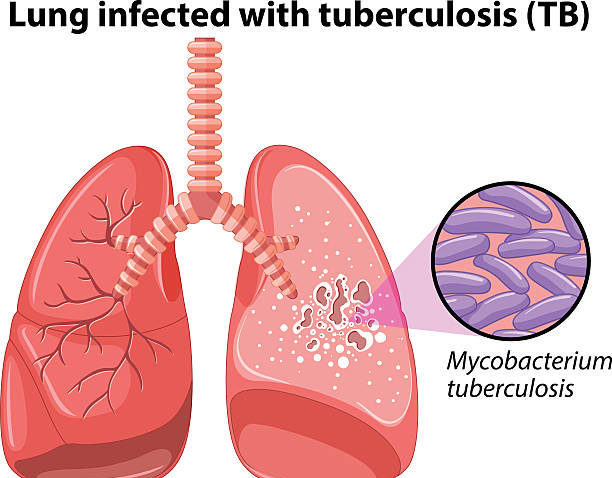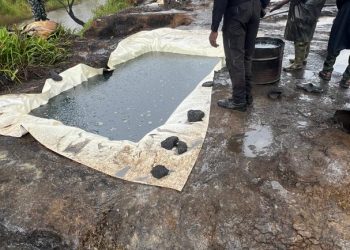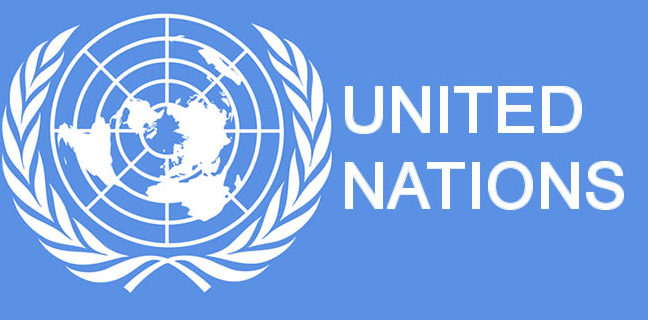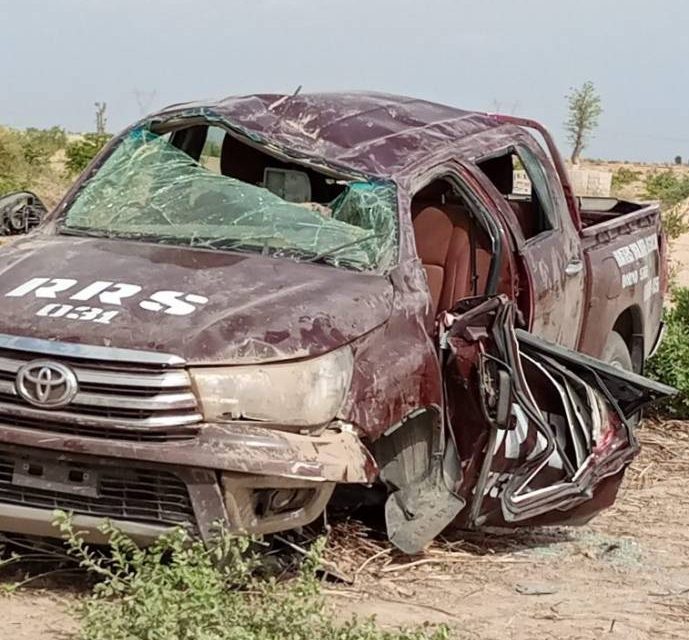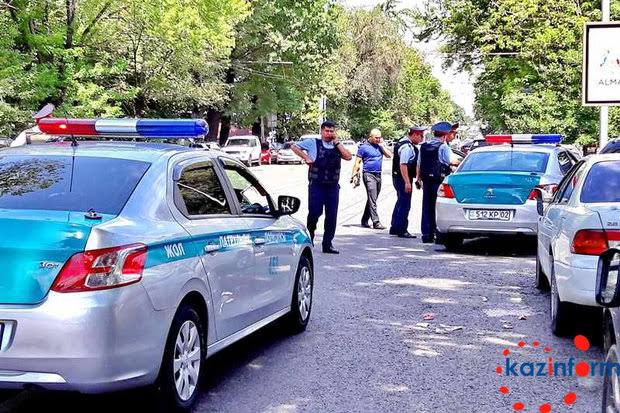A Non Governmental Organisation, NGO, Action Health Incorporated, AHI, has trained 60 health workers on early detection and proper handling of cases of Tuberculosis, TB, in Benue.
It has also sensitised over 1000 indigenes of Benue on detections, reporting and timely referrals of suspected Tuberculosis cases to designated health centres.
Programme Officer of the NGO, Miss Stella Soneye who disclosed this at a media briefing in Makurdi, said the organisation worked in collaboration with the Benue Tuberculosis and Leprosy Control Programme with support from Agbami Partners (NNPC, Chevron, Famfa Oil Limited, BR Petrobras and Statoil).
Soneye who noted that TB remains a serious public health threat to adults and children in the country said Nigeria ranks sixth among the 30 countries of the world with highest numbers of people with TB while Benue remains one of the highest prevalence states with TB in Nigeria.
She said the training was aimed at implementing a 3-month Tuberculosis Awareness Campaign across 26 communities in three high TB burden LGAs; Otukpo, Gboko and Makurdi.
Sonoye added that the Campaign was in line with the National Strategic Plan of Action Goal of providing Nigerians with Universal Access to High-quality, patient-centred prevention, diagnosis and treatment services for TB, TB/HIV and Drug Resistant TB by 2020.
READ ALSO: Women who rise early less likely to have breast cancer- Study
The campaign according to her was aimed at intensifying detection and reporting of TB cases beyond existing health facilities to communities and individual households.
”Timely referrals of suspected TB cases to Directly Observed Treatment Short-Course (DOTS) Centres and chest clinics in the three LGAs, which will in turn increase the uptake of Free TB services in these LGAs.
“The health workers and community vanguards were trained on epidemiology, transmission and identification of symptoms of TB.
“The trained health workers and community vanguards will continue to conduct one-on-one outreach in their respective communities,” she said.
The programme manager said they were also trained in community engagement, community-based active TB Search and linking TB Patients to treatment amongst others.
